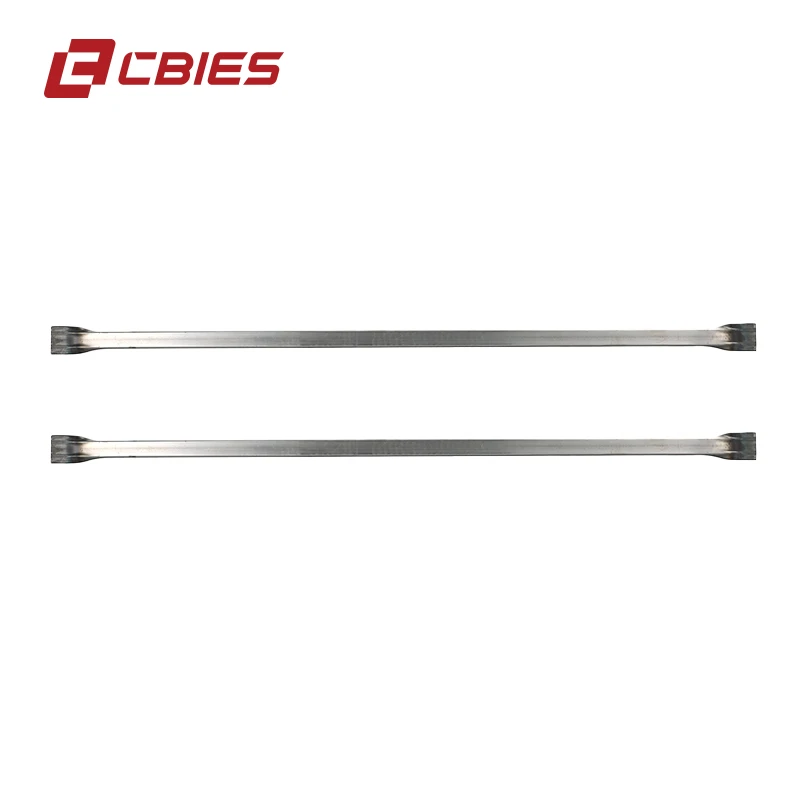
The Importance of Quality in Automotive Parts
In the automotive industry, the quality of parts plays a pivotal role in ensuring safety, performance, and reliability. As vehicles become increasingly sophisticated, the reliance on high-quality components has never been greater. From engines to brakes, each part must meet stringent standards to guarantee that the vehicle operates effectively and safely.
Automotive parts quality encompasses several aspects, including materials used, manufacturing processes, testing protocols, and compliance with industry standards. High-quality materials are essential for durability and performance; for instance, using high-grade steel in engine components can reduce wear and prolong the lifespan of the engine itself. In contrast, substandard materials can lead to premature failure and potentially hazardous situations on the road.
Manufacturing processes also significantly impact the quality of automotive parts. Advanced technologies, such as computer-aided design (CAD) and computer numerical control (CNC) machining, have revolutionized the production of automotive components. These technologies ensure precise measurements and consistent quality across batches. Moreover, adhering to strict quality control procedures during manufacturing can help catch defects early, minimizing the risk of faulty parts reaching the market.

Testing is another crucial aspect of ensuring automotive parts quality. Rigorous testing protocols are employed to simulate real-world conditions and assess how components perform under stress. This can include everything from crash tests for safety components to durability tests for engine parts. By identifying weaknesses through testing, manufacturers can make necessary adjustments before the product reaches consumers.
Compliance with international standards, such as ISO 9001 and IATF 16949, further underscores the commitment to quality within the automotive industry. These standards provide a framework for quality management systems, helping manufacturers implement best practices and continuous improvement processes. Companies that obtain these certifications demonstrate their dedication to producing high-quality parts and meeting customer expectations.
The benefits of high-quality automotive parts are numerous. Firstly, they enhance vehicle performance, allowing for better handling, fuel efficiency, and overall driving experience. Secondly, quality parts improve safety, which is paramount in an industry where lives are at stake. The use of reliable components can reduce the likelihood of accidents caused by mechanical failure. Lastly, high-quality parts contribute to lower long-term costs for consumers, as they tend to have a longer lifespan and require fewer repairs.
In conclusion, the importance of automotive parts quality cannot be overstated. As the industry evolves, the demand for better, safer, and more efficient components will only increase. Manufacturers must prioritize quality at every stage—from material selection and manufacturing processes to testing and compliance. By doing so, they not only enhance the reputation of their brand but also contribute to a safer and more reliable automotive landscape. In an era where consumers are increasingly discerning, the push for quality is not just a competitive advantage but a necessity for survival in the automotive market.